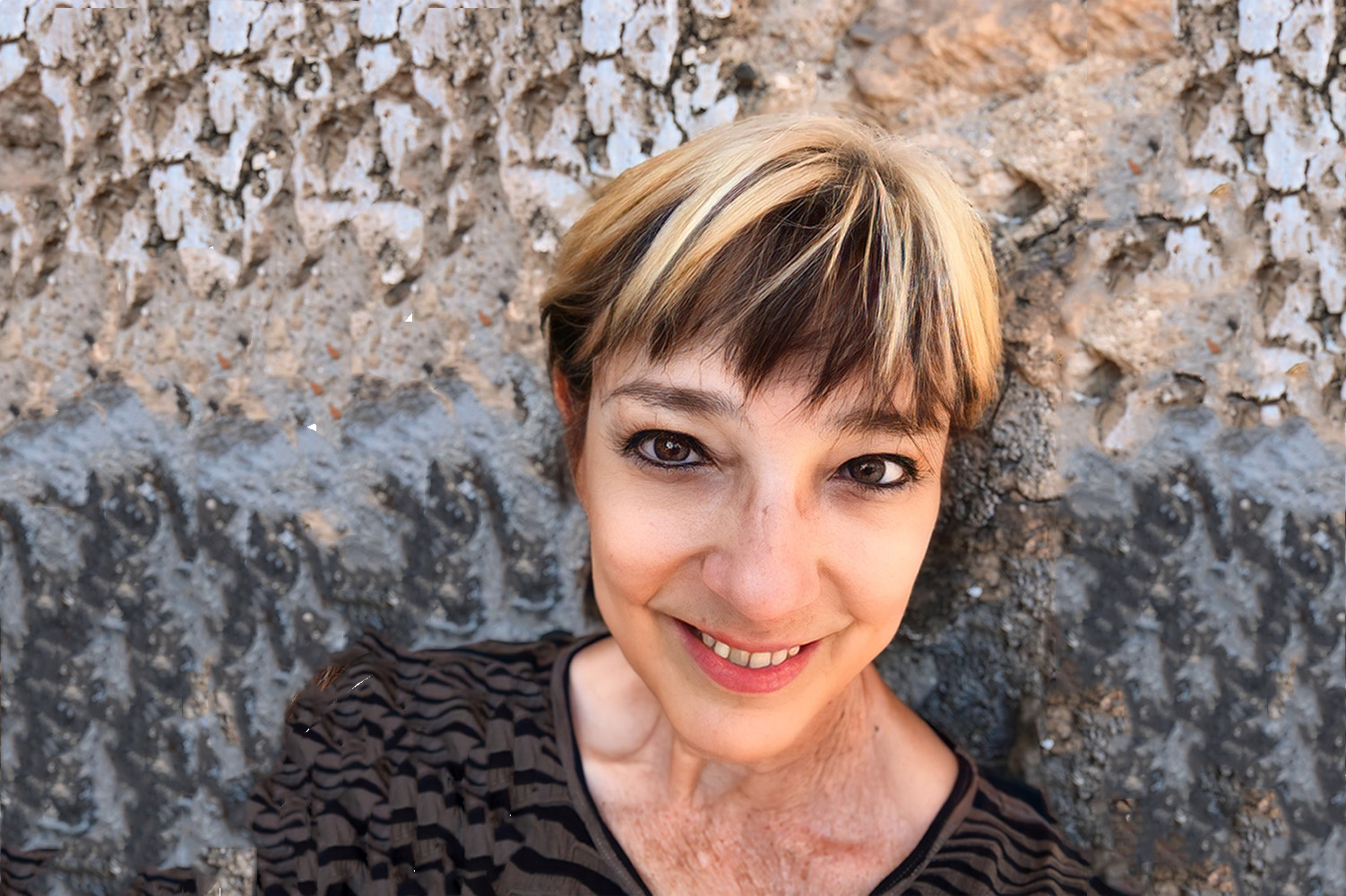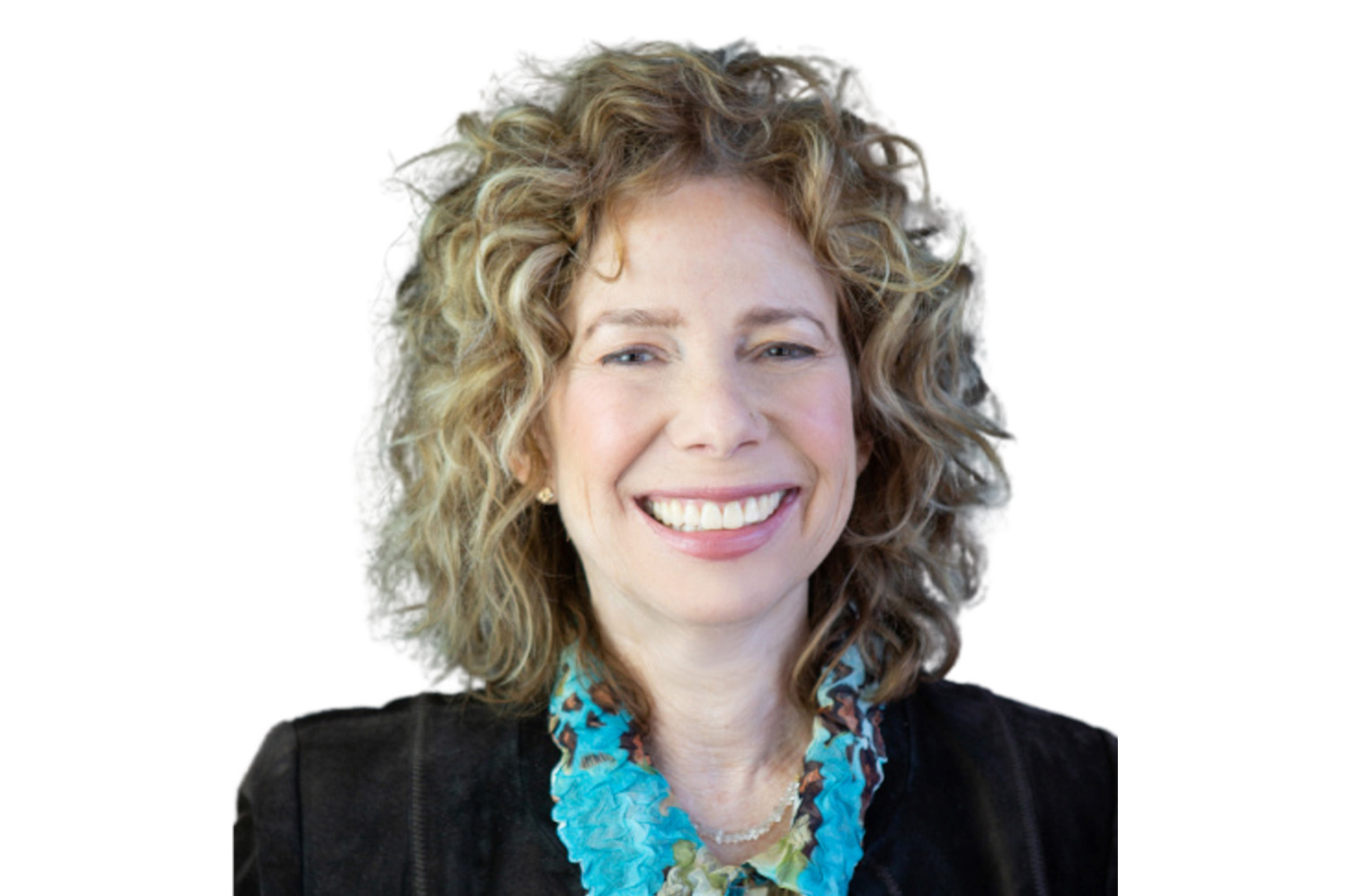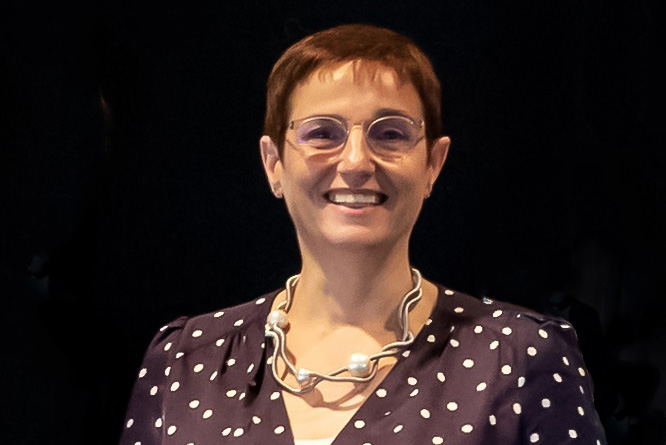International
Voice Dialogue
Agreement

Origins

Introduction
In developing Voice Dialogue, Hal and Sidra Stone were looking for an open system, without any hierarchy; therefore, not to certify practitioners was a choice they made very early in the process. Consequently, the method could be applied in combination with other methods and integrated into different disciplines.
As a result, the work has spread, and is leaving its mark in a growing number of fields. To name a few: personal development, psychotherapy, psychiatry, coaching, organizational development, counseling, relationships, conflict resolution, creative and performing arts, meditation, writing, intercultural communication. Voice Dialogue is now - in different degrees of depth - taught in a great variety of educational trainings, including University Master's programs.
The work continues to develop in many countries: Argentina, Australia, Austria, Belgium, Bulgaria, Canada, Denmark, England, Estonia, Finland, France, Germany, Holland, Israel, Italy, Mexico, New Zealand, Norway, Korea, Poland, Russia, South Africa, Spain, Sweden, Switzerland, Thailand, USA.

Clarification
All this is very satisfying, however, there are several drawbacks. Because of the lack of certification and quality control, more and more people offer Voice Dialogue sessions and courses after minimal or outdated training. This causes problems for someone who is looking for an experienced Voice Dialogue facilitator/teacher, and for many committed facilitators who have been involved in the work for years.
So, for clarity and to protect the credibility of the term 'Voice Dialogue facilitator', a need is felt for the establishment of guidelines for maintaining quality criteria. However, we want to be aware of the pitfalls of rigidity, certification and hierarchy. What is important here is to use an Aware Ego process in order to strike a balance between criteria and rules on one side and freedom and creativity on the other.
Another set of opposites is similar but even deeper than these. They are the opposites of form and spirit. With Hal and Sidra, we hope that over the years the spirit of this work will continue to shine through the facilitators and teachers. At its deepest, the development of an Aware Ego Process is a mindful practice - a psycho-spiritual practice. So, in the setting of standards of quality, we are concerned about not killing the soul of the work.

The Think Tank
Over the summer of 2008, a 'Think Tank' developed with the support of Hal and Sidra Stone. This group was formed by:
- Franca Errani and Giovanni Civita, Italy.
- Robert Stamboliev and Maria Daniels, Netherland.
- Geneviève Cailloux and Pierre Cauvin, France.
- Miriam Dyak, USA.
- J’aime ona Pangaia, USA.
- J. Tamar Stone, USA.
In the fall of 2008 at the NY Convergence of International Voice Dialogue Teachers organized by Martha Lou Wolff, these issues were discussed further and suggestions from the Convergence as well as many other senior teachers and facilitators contacted by the IVDA Think Tank were incorporated into this final document.
Agreement
Voice Dialogue Work
Ethics refers to the facilitators' and teachers' behavior both with clients, students and also with colleagues. The following are what are considered to be some of the most important values for a Voice Dialogue Facilitator or Teacher:
- Continuing one's own Voice Dialogue process.
- Maintaining confidentiality around client's identity, issues, and work
- Working in accordance with one's own competence and the client's needs.
- Being clear with the client about the facilitator's professional orientation (such as coaching, counseling, therapy…) and about what the client can expect.
- Referring clients to specialists if needed*
- Not using the relationship with the clients or students to one's own advantage or benefit.
- Respecting the right of the client or student to terminate the relationship at any point.
- Being aware of one's own limits as a facilitator and referring the client to another facilitator if required.
- Staying conscious of bonding patterns that may arise between client and facilitator (transference and counter-transference) and taking responsibility for one's participation in the pattern; paying great attention to not getting involved in a romantic or sexual way with a client or current student.
- Being committed to dealing with any of one's own interpersonal issues amongst colleagues.
- Respecting the client's former facilitators.
- Maintaining transparent and clear professional relationships within the Voice Dialogue community.
- Complying with the laws of one's country and state regarding professional practice guidelines, obligations and limitations (i.e. practicing within scope of license), professional reimbursement and taxes, legal structures for professional practice.
* Voice Dialogue practitioners/teachers, especially those who are without formal training in clinical psychology, need to learn to recognize the warning signals of mental illnesses/disturbances - psychosis, depression, personality disorders, etc. - This knowledge helps Voice Dialogue practitioners/teachers, among other things, to determine when they ought not to work with/train someone but instead refer that person to a competent specialist. In any case, Voice Dialogue cannot be a replacement for medical care.
for Resource
Directories
The following points, in line with in the Agreement, to be listed in Resource Directories, are:
- name
- name & address of business
- e-mail and website (direct link)
- Language(s) spoken
- Background: qualifications (profession, regular studies, trainings in other methods)
- Voice Dialogue training: where, when, which teachers, how many hours/days/years
- Continuing education and/or supervision in Voice Dialogue: list the most recent experience, last supervision, conference, workshop....
- Personal key-aspects of the work: target group(s), integration with other techniques, short description of practice.
It is expected that members will take responsibility about the information they put on this list and will update it annually. All data should be verifiable.
Contact us:
This document was accomplished through an intensive international cooperation.
'We applaud the tireless effort and the continuing commitment of the original IVDA 'Think Tank' team in spearheading and taking responsibility for the development of these documents. This represents a tremendous effort on their part. We are pleased that they have taken steps to include the cooperation and input of the wider international Voice Dialogue community and we understand that they have done their best to include this additional input.
These efforts have produced excellent results. We feel that these documents maintain the basic spirit of the work - and the underlying psycho-spiritual values that it represents - even as they present criteria to protect the quality of facilitation and teaching. The spirit of the work is protected by the sense of continuing process, the space for the evolution of consciousness (or the expression of the organizing intelligence of the universe), and the avoidance of rigid requirements because each individual's path-and Aware Ego Process-is unique. The commitment to quality and proper safeguards are well represented by the presentation of ethical guidelines and an enumeration of recommendations both for the basic skills and the ongoing process necessary for competent facilitation and teaching.
Hal Stone and Sidra Stone
Albion, September 2009
List of practioners
Below are the names of Voice Dialogue Teachers, Facilitators and Students who agree with the International Voice Dialogue Agreement. This is not a referral list. If you are interested in working with someone on this list, it is your responsibility to inquire about the depth and length of their training and their level of experience. All members of the Associations represented in the list are in agreement with the IVDA.
A B C D E F G H I J K L M N O P Q R S T U V W X Y ZLast update: May 1st, 2025



